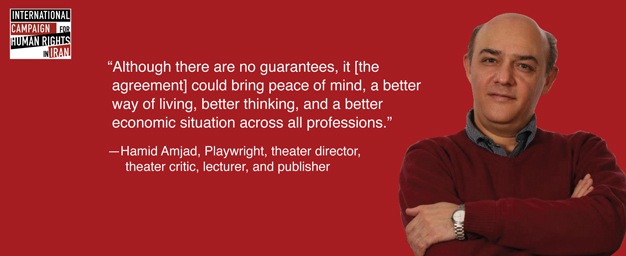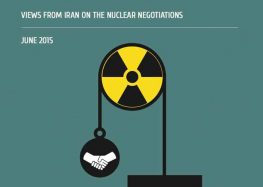Methodology

In conducting the study, the Campaign interviewed 28 members of Iranian civil society, reflecting many different spheres. The sampling was comprised of political figures, including former members of the Iranian Parliament, journalists, academics, lawyers, economists, filmmakers, writers, publishers, actresses, playwrights, activists, and family members of political prisoners. These figures were chosen on the basis of their influential position in society and their broad engagement with Iranian society.
Download the report here.
While the Campaign approached 44 individuals inside Iran to interview for this study, only 28 agreed to talk to us on the record, due to security concerns. Three of those agreed to participate only on condition of anonymity.
This was in marked contrast to the Campaign’s study last year in which all of the individuals approached agreed to participate, and to be named, and it reflects a noticeable uptick in fears of harmful professional and/or personal repercussions among those who register dissenting views inside Iran.
All of the interviews were conducted in Persian, and took place during the period from May 13, 2015 to June 2, 2015.
The interviewees were all asked the same series of questions, and in the same order. These were:
- If a nuclear agreement between Iran and the P5+1 countries is reached next month, what results would it have for Iranian society?
- If these negotiations fail, how will that affect Iranian society?
- How would your work be specifically affected by success in the negotiations? How would it be specifically affected by failure?
- If the negotiations are successful and the sanctions are lifted, what issues should receive the most attention by the Rouhani administration? Could you prioritize the issues?
How do you think Mr. Rouhani’s administration can be motivated to pay more attention to the points you just raised?

